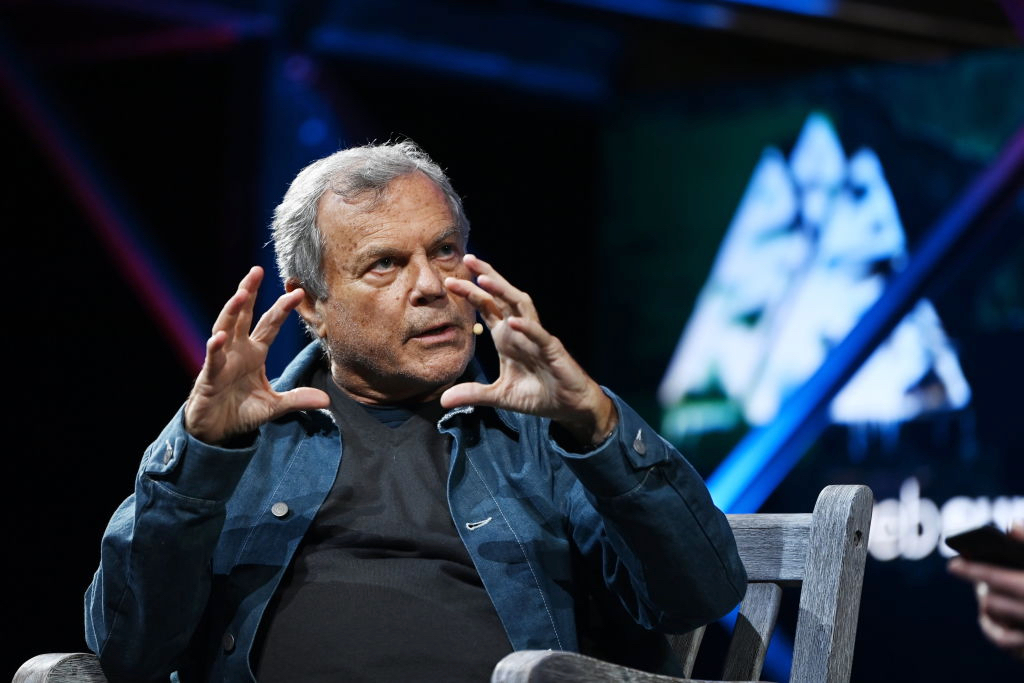TikTok Resorts To Cash Incentives To Attract New Users
TikTok launched new cash incentives to get more creators to sign up.

It seems like TikTok has some significant concerns about its growth momentum, based on its latest efforts to lure new users.
According to a report this week from The Information, TikTok has been looking to attract new users in the U.S. through a scheme that offers discounts when you invite friends from other apps.
Creator economy expert Lia Haberman has also spotted this new promotion in the app, which outlines incentives for inviting YouTube and IG creators with big followings over to TikTok.

As you can see, this new TikTok incentive program sees users rewarded with Amazon gift cards if they can get YouTubers with over 10k followers, and Instagram users with 100k, to sign-up to TikTok as well.
Which seems a little desperate, and a little like TikTok is running out of ideas for growth, given that it’s resorting to cash rewards and discounts to get more users across.
And that may well be the case, with various reports suggesting that TikTok’s growth has plateaued, and is even declining in some regions. The short-form video app rocketed to a billion users back in 2021, but since then, it’s provided no official update on its active user count. External reports suggested that TikTok would surpass 1.5 billion users in 2022, but amid restrictions in certain regions (most notably India) and other challenges, TikTok never officially announced this number, and hasn’t reported much on its growth ever since.
Though looking at the data that it has reported, it’s fairly clear that it’s lost some of its growth momentum.
In the U.S, where TikTok is also staring down a ban, TikTok currently has 170 million users, rising from the 150 million that it reported in March 2023, while in Europe, its DMA disclosures show that TikTok added just 6 million users between October 2023 and April 2024.
So TikTok’s meteoric rise has clearly eased, and these new programs would suggest that it’s declining even more over time. Which is logically why it now feels the need to pay people to come try the app, in the hopes of reigniting user interest.
TikTok has tried similar in Europe, with its “TikTok Lite” program offering incentives for ongoing TikTok usage.

As you can see in this example, the explainers here (in French) inform users that they can earn points by discovering and liking videos in the app.
TikTok had launched the program in France and Spain on a limited basis, before it got the attention of EU officials, who raised concerns that the scheme may violate the DSA. TikTok has now canceled the initiative, for fear of EU fines. But again, its very existence carries a hint of desperation, of a platform that’s slowly losing its grip, and is concerned about its ongoing relevance and resonance.
To be clear, TikTok is still hugely popular, but data privacy concerns do seem to be keeping some users away. Add to that the rising popularity of Instagram Reels and YouTube Shorts, and its key value proposition has been diluted significantly, with both apps also offering expanded following and engagement options to incentivize creators.
As such, while it does still have a billion users, TikTok is at risk of losing out. And if it is banned in the U.S., as currently looks to be the case, that could be a big blow for its growth ambitions, and its future in other markets.
The U.S. removal threat also means that TikTok is not currently a stable base for creators, which would be another reason why they’re staying away. And a $300 Amazon gift card is unlikely to change that, which points to future concerns for the platform, again, if the U.S. sell off push does go through as expected.
So while TikTok is a key app at present, you can see why it’s growing increasingly concerned about its opportunities. Its removal in the U.S. would see a heap of its top creators immediately removed from the app, which could then see it lose ground very quickly, hence the need to address it now, before it’s too late.
But I’m not sure that there’s anything that TikTok itself can do here, other than challenge the U.S. sell off bill (which it’s doing).
Essentially, TikTok is in a bit of a holding pattern till we know for sure whether the U.S. sell-off bill will definitely be enacted. And till then, TikTok’s future will hang in the balance, and not just in the U.S.
It seems crazy that a billion-user platform could be at such high risk, but a congregation of unique factors is clearly heaping pressure on the business.

 AbJimroe
AbJimroe 





























